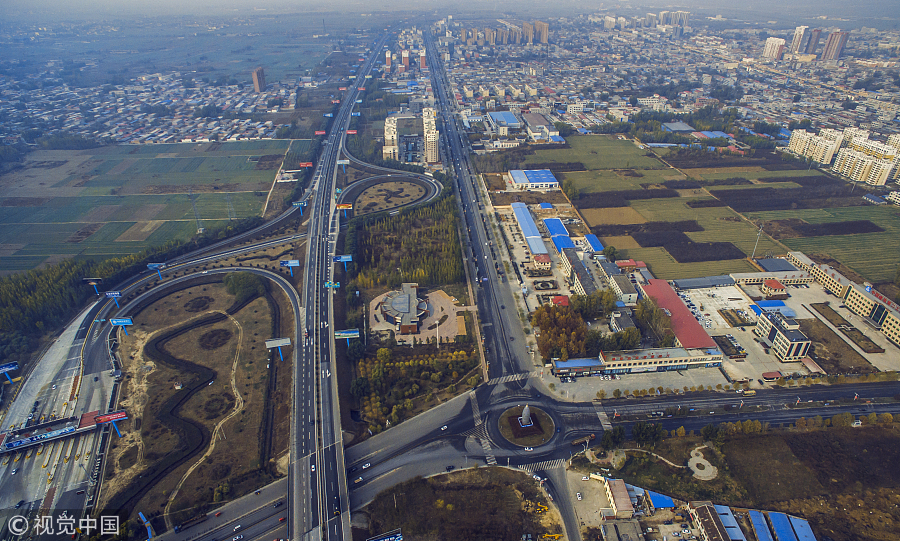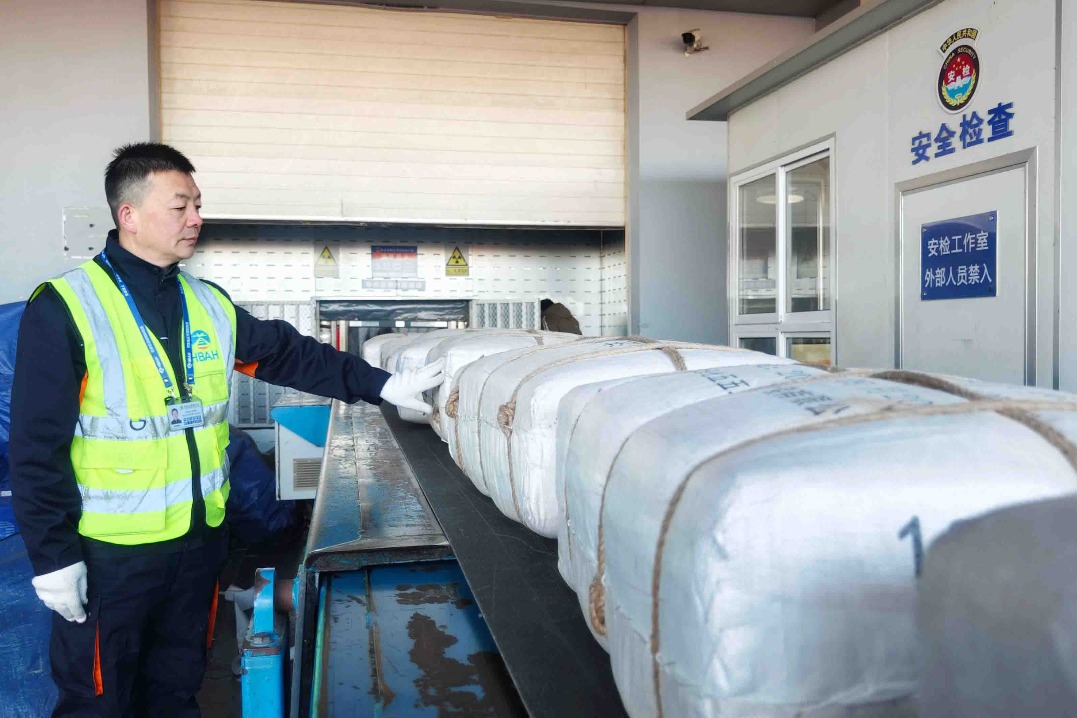The decisive power behind CPC's economic governance


BEIJING — With China being the major force driving world economic growth for another year, the global spotlight is now on the key leadership behind its robust economic performance: the Communist Party of China (CPC) Central Committee with Comrade Xi Jinping at the core.
The Central Leading Group for Financial and Economic Affairs headed by Xi, general secretary of the CPC Central Committee, is one of the names that must be mentioned when decoding the CPC's economic governance over the past five years.
A DECISIVE POWER
The Central Leading Group for Financial and Economic Affairs of the 18th CPC Central Committee has held 16 meetings since it was established in April 2013. Each of them carried significant weight in steering the Chinese economy into the new era of high-quality development.
The group is entrusted by the CPC Central Committee Political Bureau and its Standing Committee to make decisions on major economic and social strategies and policies.
During the five years since the 18th CPC National Congress, China's economy expanded to more than 82.7 trillion yuan (around $13 trillion), growing by 7.1 percent a year on average amid uncertainties at home and abroad.
With Xi as its head and other Party and state leaders as members, the high-profile group has discussed and made many major decisions at its meeting table that have secured sound growth: the Belt and Road Initiative, the Beijing-Tianjin-Hebei coordinated development plan, the Yangtze River Economic Belt, the innovation-driven development strategy, just to name a few.
Gennady Zyuganov, leader of the Russian Communist Party, said China's economic achievements are the best proof of the effectiveness of China's political system under the CPC leadership.
XI'S ECONOMIC THOUGHT
Theoretical innovations of the Central Leading Group for Financial and Economic Affairs have provided guidance for the economic "new normal" and transition, forming the Xi Jinping Thought on Socialist Economy with Chinese Characteristics for a New Era.
Noticing that China's economy has entered a "new normal" of moderate to high growth, Xi proposed the supply-side structural reform at a meeting of the leading group in November 2015. The idea later became the main theme of China's economic policy framework.
Under the supply-side structural reform, China has cut steel production capacity by more than 170 million tonnes and coal production capacity by 800 million tonnes. It has also reduced the burden of taxes and administrative charges on enterprises by more than 1 trillion yuan annually.
Xi has enriched the concept and theories of development, which is not only about the increase of GDP figures, but also about green and sustainable growth.
He also talked about development issues like productivity, urbanization, and regional coordination at the leading group's meetings, as well as those closely related to people's well-being, like poverty reduction, housing, and food security.
"Starting from public concerns when making plans on economic work will not only increase people's sense of gain and well-being, but also unleash greater economic growth potential," said Yang Yiyong, researcher at the Chinese Academy of Macroeconomic Research.
The leading group's meetings have been an important platform to implement Xi's economic thought in making greater plans for China's future development.
Every decision determined by the leading group must be thoroughly implemented in a down-to-earth manner, according to Xi.
Looking ahead, Xi's economic thought delivered via the leading group's meetings is expected to provide further guidance and theoretical foundation for China's future path, and pave the way for a new development stage for the socialist economy with Chinese characteristics.
"We live in a fast changing world, and the global economy is undergoing more profound changes. We must therefore closely follow the trend of the global economy, identify its underlying dynamics, keep to the right direction, and, on that basis, take bold action," Xi said at the APEC Economic Leaders' Meeting last year.




































